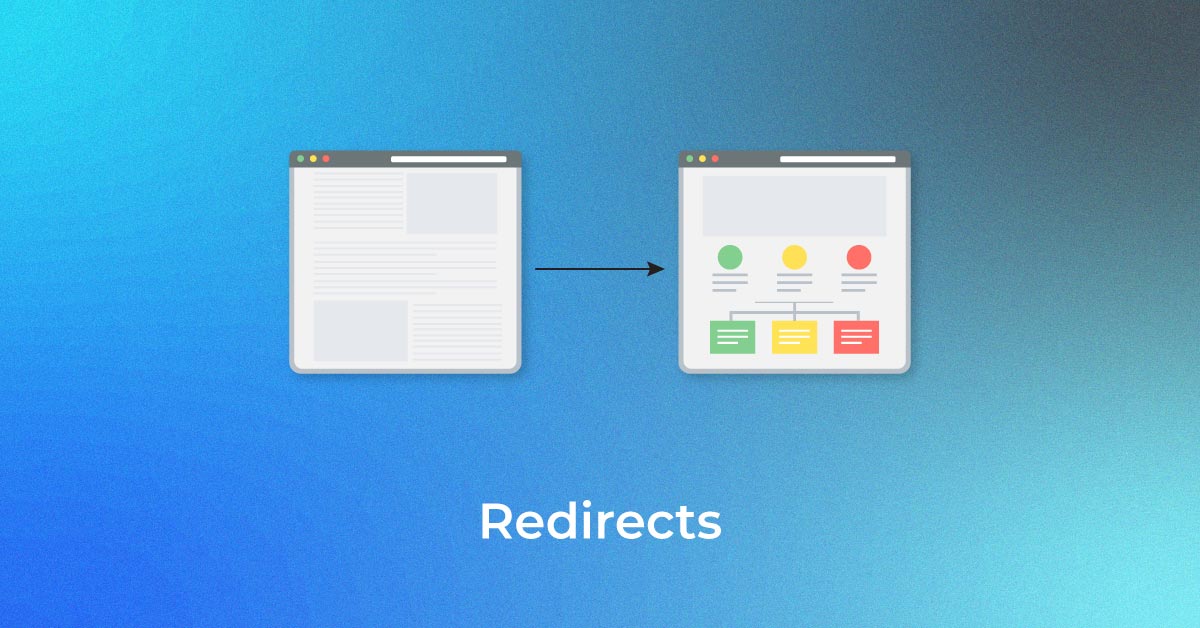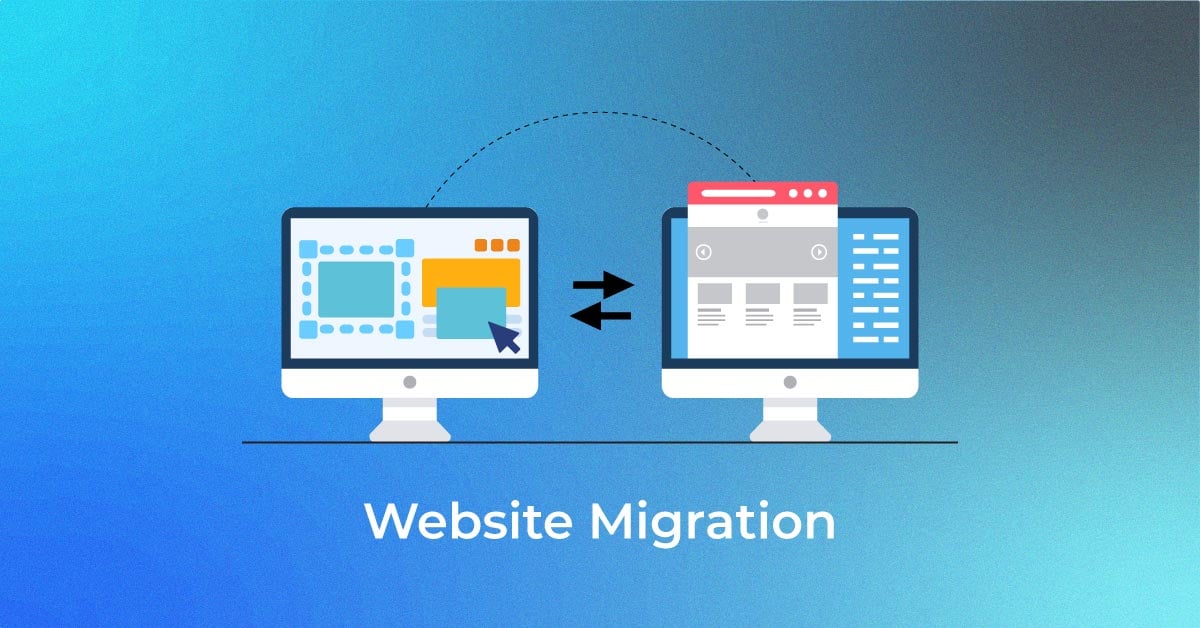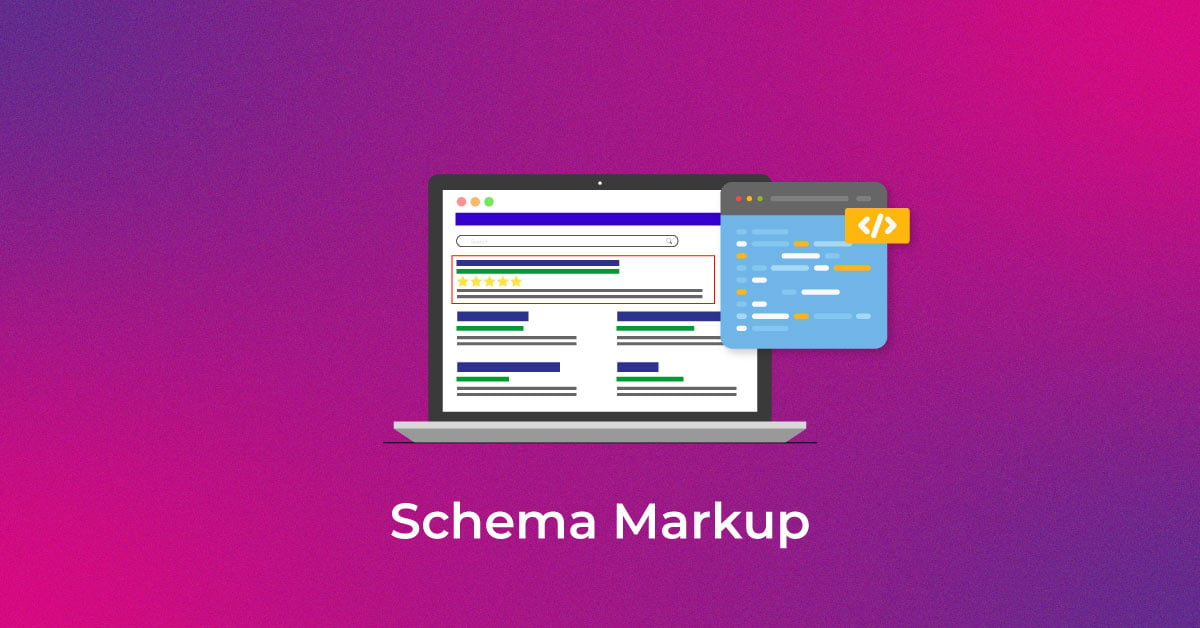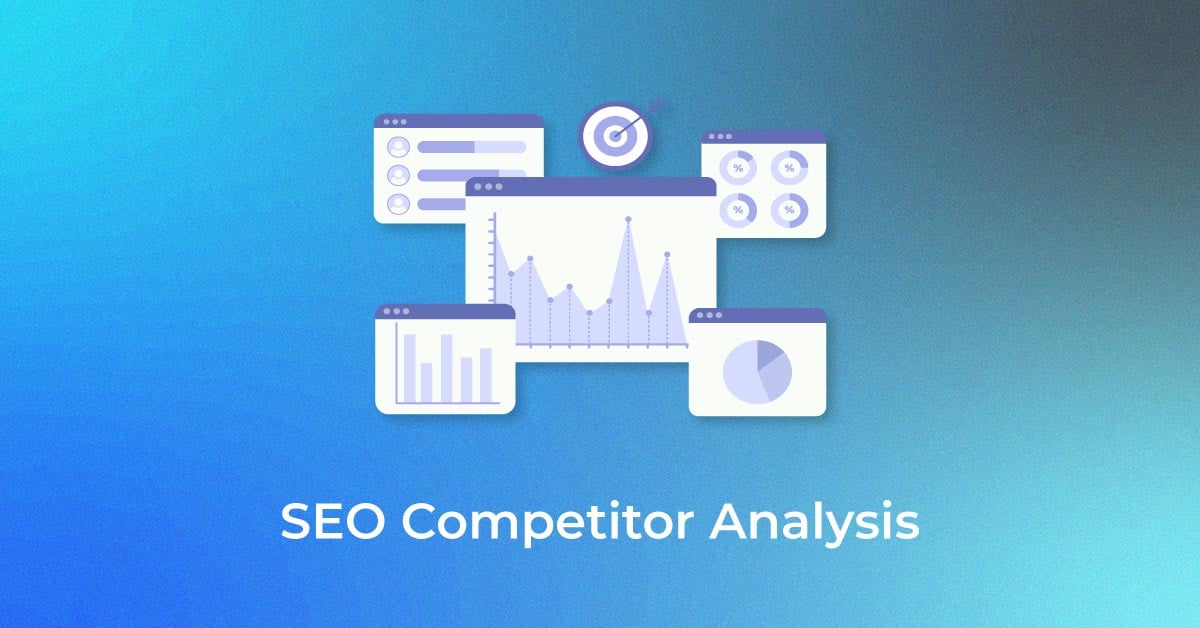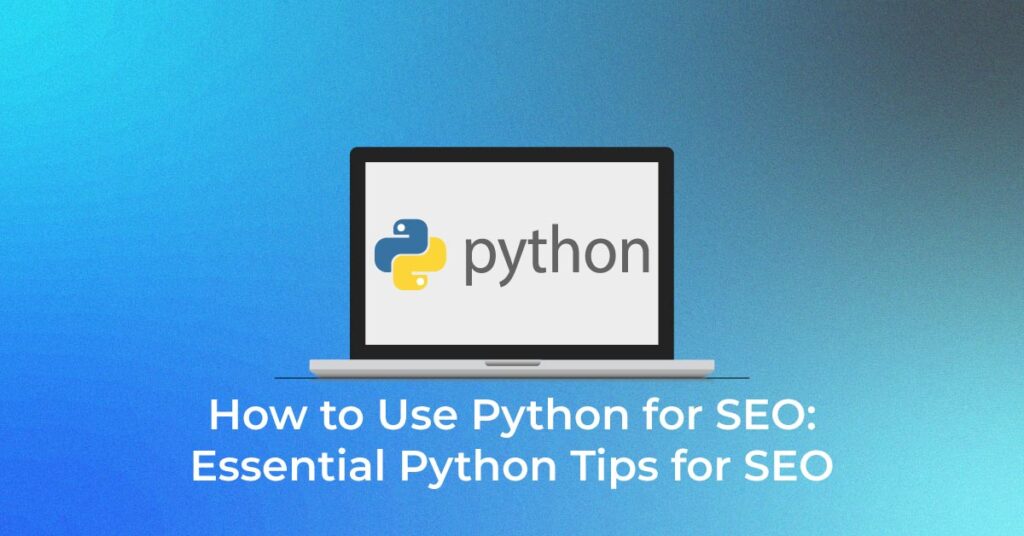Introduction to Python in SEO
The Power of Python for SEO Professionals
Python has rapidly become an indispensable asset for SEO professionals. With its capacity to automate tedious tasks, analyze massive datasets, support complex algorithms, and efficiently crawl webpages, Python empowers you to optimize your strategies meticulously. Indeed, embracing Python in your technical SEO audit toolkit is akin to equipping yourself with a Swiss army knife in a digital jungle
Advantages of Deploying Python in Your Web SEO Arsenal
Embracing Python for your SEO endeavors offers numerous advantages. It marvelously streamlines operations, cutting through the clamor of data to provide you with clear, actionable insights. Python lets you automate routine tasks such as SEO scraping of websites for information, conducting thorough keyword research, and generating reports with speed and accuracy. It’s also incredibly powerful in manipulating large sets of SEO data, crafting bespoke SEO tools, and seamlessly integrating with various APIs to enhance your workflow.
With Python, you not only save time but also unlock a higher level of precision in your SEO tactics. Its extensive libraries and frameworks simplify complex processes, enabling you to delve deep into analytics without getting bogged down by the intricacies of the data. This allows for a swift pivot from data handling to strategic planning, giving your SEO campaigns a competitive edge.
Scripting Success Stories in SEO
Streamlining On-Page Optimizations with Python
Python can automate and improve on-page SEO tasks, such as meta tag creation, description keyword extraction, and content optimization. By using tools like BeautifulSoup, you can parse webpage HTML and identify areas that require enhancement. Python scripts are able to bulk-analyze title tags, meta descriptions, and even measure keyword density across your web content, ensuring that every page is finely tuned to your SEO strategy.
One practical application is crafting scripts that scan for broken links or audit your website page structure, enabling the identification and correction of on-page issues at scale. Additionally, Python can assist in automating the A/B testing process, allowing you to refine your on-page elements systematically by analyzing large datasets for impactful changes.
Tactical Tips for Implementing Python Scripts
Getting Started with Python Tools for Non-Coders
If you’re plunging into Python without a coding background, don’t fret; there are numerous resources that cater specifically to your needs. Start with platforms like freeCodeCamp or Sololearn, which are designed with beginners in mind, offering easy-to-follow modules and interactive projects that gradually build up your coding skills. These learning environments are intuitive and usually free, making the entrance into Python less daunting.
Moreover, you can find a wealth of pre-written scripts that the SEO community has shared. It’s beneficial to dissect these scripts to grasp their functionality, even if you’re not yet writing your own from scratch. Begin by tweaking existing codes to suit your specific SEO tasks – it’s a practical way to learn coding while also being productive. Remember that learning Python is an iterative process; start small, and gradually you’ll see how seamlessly Python complements your SEO tasks. Consider using an SEO guide to get started on this journey.
Tips to Integrate Python Scripts into Your SEO Strategy
To weave Python scripts into your SEO roadmap effectively, begin by identifying repetitive tasks that are ripe for automation. For instance, look at data collection processes for keyword tracking or website data like backlink analysis. Incorporating Python scripts can turn these into swift and painless operations, freeing up your time for critical thinking and strategy development.
Next, progressively integrate Python tools that aid in data analysis and visualization. Libraries like Pandas and Matplotlib transform raw data into insightful graphs and tables, offering a visual comprehension of SEO performance metrics and enhancing SEO analysis.
Don’t forget to document the results and improvements these scripts bring to your workflow. By keeping a record, you are better equipped to measure the output and impact of Python on your SEO outcomes and make informed decisions going forward. Additionally, staying abreast of the SEO community will help you find new scripts and troubleshooting tips. Use code repositories like GitHub as a source of inspiration and collaboration.
Key Python Libraries for SEO
BeautifulSoup (Web Scraping)
BeautifulSoup is a library for parsing HTML and XML documents. It’s often used for web scraping, extracting SEO-related elements like titles, meta descriptions, headers, etc., from web pages.
Scraping Title and Meta Description
import requests
from bs4 import BeautifulSoup
# URL to scrape
url = ‘https://www.example.com’
# Send HTTP request
response = requests.get(url)
# Parse the page content
soup = BeautifulSoup(response.text, ‘html.parser’)
# Extract title and meta description
title = soup.title.string if soup.title else ‘No Title Found’
meta_description = soup.find(‘meta’, attrs={‘name’: ‘description’})[‘content’] if soup.find(‘meta’, attrs={‘name’: ‘description’}) else ‘No Meta Description Found’
print(f”Title: {title}”)
print(f”Meta Description: {meta_description}”)
Selenium (Automating Web Browsers)
Selenium is used for automating web browsers. It’s useful for scraping dynamic content that requires JavaScript to load, or when you need to interact with a site (like clicking buttons or logging in).
from selenium import webdriver
# Set up the webdriver (Make sure you have the correct driver installed)
driver = webdriver.Chrome(executable_path=’/path/to/chromedriver’)
# Open the URL
driver.get(‘https://www.example.com’)
# Get the title
title = driver.title
print(f”Page Title: {title}”)
# Close the browser
driver.quit()
Requests (Making HTTP Requests)
Requests is a simple HTTP library for sending HTTP requests to websites. It’s used to interact with APIs or fetch page data for analysis or scraping.
Fetch HTML Content of a Page
import requests
# Send HTTP request
url = ‘https://www.example.com’
response = requests.get(url)
# Check if request was successful
if response.status_code == 200:
print(“Page successfully fetched!”)
print(response.text) # Print the HTML content
else:
print(“Failed to retrieve the page.”)
Pandas (Data Manipulation)
Pandas is a powerful data manipulation library. It’s great for analyzing SEO data, like keyword rankings, traffic metrics, or backlink profiles, often in CSV or Excel format.
import pandas as pd
# Load CSV data (e.g., from Google Analytics or a ranking report)
data = pd.read_csv(‘seo_data.csv’)
# Display the first 5 rows of the data
print(data.head())
# Example: Find keywords with the highest traffic
top_keywords = data[[‘Keyword’, ‘Traffic’]].sort_values(by=’Traffic’, ascending=False)
print(top_keywords.head())
Matplotlib (Data Visualization)
Matplotlib is used to create graphs and charts. It helps visualize SEO data, such as traffic trends, keyword rankings, or backlink distribution.
import matplotlib.pyplot as plt
# Example data
dates = [‘2024-01-01’, ‘2024-02-01’, ‘2024-03-01’, ‘2024-04-01’]
traffic = [500, 750, 800, 1000]
# Create a simple line plot
plt.plot(dates, traffic, marker=’o’)
# Labeling the axes
plt.xlabel(‘Date’)
plt.ylabel(‘Traffic’)
# Title
plt.title(‘Website Traffic Over Time’)
# Show the plot
plt.show()
FAQs
Can someone without coding experience use Python for SEO?
Absolutely! Even if you have no prior coding experience, you can still utilize Python for SEO. Various resources and communities are available to help beginners understand the basics, and there are numerous pre-written scripts that can be easily adapted for SEO tasks. Start with simple automation and steadily progress as you become more comfortable.
What are some quick wins I can achieve using Python scripts for SEO?
Quick wins with Python in SEO, such as using a Python SEO analyzer, include automating the extraction of on-page elements, identifying broken links, and monitoring site speed. You can also deploy scripts for bulk image optimization and meta-description analysis to improve site performance swiftly and efficiently. These tasks can give your SEO efforts an immediate boost in efficiency and effectiveness.
How can Python help with scaling SEO tasks?
Python excels in scaling SEO efforts by automating processes and handling large volumes of data that would be unfeasible manually. It makes it possible to perform comprehensive site audits and monitor website performance, track SERP rankings for numerous keywords, and analyze vast backlink profiles with minimal effort. This allows you to manage larger SEO campaigns or multiple projects simultaneously with consistent accuracy and efficiency.
Are there any risks to using automated scripts in SEO?
Using automated Python scripts for SEO does come with risks. Over-reliance on automation can lead to missing out on nuanced insights that require a human touch. Also, incorrect coding or logic can result in errors, potentially harming your SEO efforts. There’s also the risk of breaching webmaster guidelines if your scripts interact with a website URL or other websites in a way that’s considered spammy or aggressive. Always ensure your scripts are compliant with guidelines and best practices, and have a manual review process to catch any anomalies that automation might miss.
Popular Searches
How useful was this post?
0 / 5. 0










